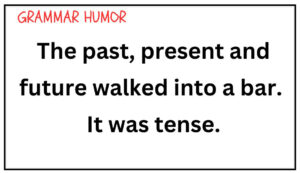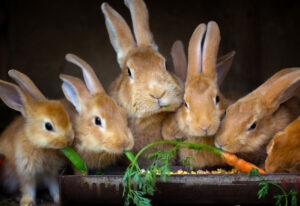It was a shock to learn the family may be in step with a growing fashion trend. The new look is called “effortless.” It is a look that says, “I randomly grabbed a few things on my way out the door.”
We have two granddaughters who showcase effortless by combining shorts with unicorn T-shirts, fluffy tutus and rain boots. They wear the look well – but they are age 6.
Do you know who else does effortless well? Boys between five- and 14-years-old. Many in that demographic consider soap and shampoo a violation of their civil rights. And they will protest. Loudly. We have two grandsons in this category.
Frustrated, one of their parents will say, “Go ahead, smell his head. Just smell it.”
I’m not going to smell it. I know what it smells like. The boys’ heads smell like their dad’s head when he was their age. I would order him to shower, hear the water running and could tell he was slapping a wet washcloth against the tile wall.
He would emerge 45 seconds later. I would feel the back of his neck and his hair, which were bone dry, then say, “Get back in there and shower.”
A group way out in front with the effortless trend are the kids at the middle school and high school bus stops. For two years, they have been wearing flannel pajama bottoms that look like they were slept in the night before.
That said, I do a version of effortless every morning when I roll out of bed. Half of my hair is smashed to my head and the other half stands straight up. The bags under the eyes are the piece de resistance.
My personal stylist for effortless is Mother Nature. Her rates are good, but the finished look can be brutal.

The effortless hair that celebrities want looks tousled, not tangled. It’s like you did your hair, then stood in front of a large window fan on high speed.
That’ll be $300, please.
Celebrities who hire stylists to help create the effortless vibe, wind up with a sophistication that looks like they dressed in the dark.
Of course, jeans are mandatory for the look—faded jeans that look big enough for two and have a huge rip at the knee. Why is it that all the high-fashion people have mean cats with sharp claws?
Some of us come by the effortless look naturally; for others it takes a lot of time, money and effort.




